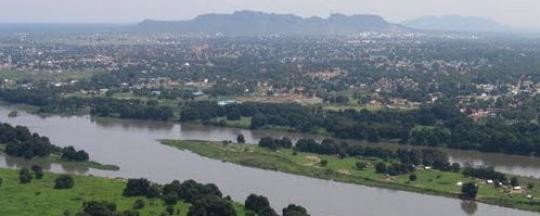'Focus on the Agreement' is a new daily segment broadcast on Radio Tamazuj to explain the contents of the peace deal signed in August 2015 between South Sudan's warring parties.
In our previous episode we discussed the role of a joint committee responsible for monitoring ceasefire violations. Today we look at what the peace agreement says about demilitarization of Juba.
Chapter 2, Article 5 of the peace agreement says that all military forces within Juba must be deployed outside the city with three exceptions. The three exceptions are for presidential guards (including for the vice presidents), guards to protect barracks and warehouses, and joint integrated police.
However, it is not clear in the agreement how many presidential guards and other guard forces are allowed to remain in Juba. A previous draft of the peace agreement presented by the IGAD mediators put the number at 260 presidential guards for Salva Kiir and 195 bodyguards for Riek Machar.
But the final version of the peace agreement does not say how many bodyguards are allowed, it only says that this matter needs to be discussed and agreed by the two parties at a workshop on the permanent ceasefire and security arrangements.
All other forces within Juba must withdraw outside the city by a distance of at least 25 km. This process must be completed by late November, according to the deal.
Joint Integrated Police shall also be deployed in Bor, Malakal, Bentiu and any other locations decided by the two parties.
The ceasefire mechanism will establish a Joint Operations Centre together with representatives of national security forces to help prevent conflict between security forces permitted to remain in Juba. This means that the ceasefire monitors will have a role in preventing conflict between the bodyguards of the first vice president and the president, which is what sparked the violence in December 2013.
In the next part of this series we will explain the role of a new committee called the Strategic Defence and Security Review Board.



